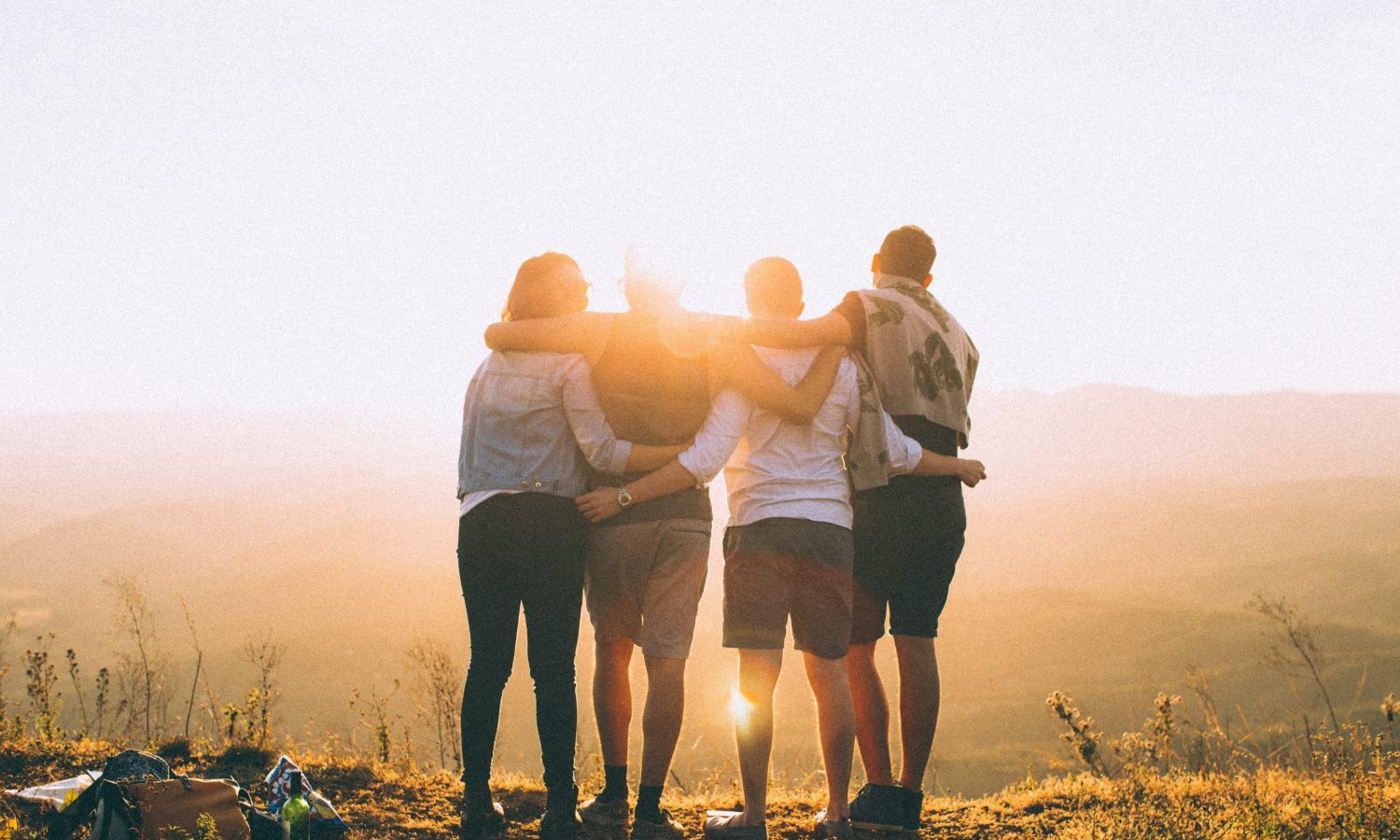Here’s how physical distance from friends and family could be affecting you — and what you can do about it.
No matter how lax people are with their COVID safety measures, casual touching has been derailed. From handshakes to hugs, everyday touches have been radically reduced, even becoming a source of stress for some. This can cause mental health issues, from increased odds of depression to a higher likelihood of suffering anxiety.
By far the type of touch that people are missing the most is hugs. While we don’t tend to hug strangers on the street, we do hug our friends and family members, especially during reunions or special occasions.
RELATED: Will Boosting Your Immunity Protect You From COVID?
Touch deprivation affects people differently and it matters whether they’re huggers or not. “Some people may feel it within a week, others may never feel it at all,” psychiatrist Dr. Neel Burton told the New York Times. “No doubt the thought that you cannot hypothetically access touch — for example, by seeing a friend, or booking a massage — makes the craving worse than it would otherwise be.”

Coping with touch deprivation depends on our situation. While some of us are living alone, others are living with roommates, partners or family. Those who have companions should make the most out of their situations, reaching out for hugs when they need them most. If someone’s been alone and feels lonely and like they need some support, weighted blankets are a good option and also “moving the skin.” This expression refers to “moving your skin forcefully enough to cause indentations and hit the pressure receptors.” Scalp massages, brushing your body in the bath and doing some abdominal crunches can trigger this sensation and give your body that feeling it’s been craving.
RELATED: Keep This In Mind When Choosing Your Face Mask
For other ways of treating your loneliness, it’s important to analyze each person’s situation. Measure your level of risk and willingness to expose yourself to the virus; make a plan with some friends to hang out, distanced but without wearing any masks. Create pods with people you trust.
The pandemic is ongoing until further notice, and its physical and mental effects are very real. While you may think that your loneliness is just a symptom of what the world is going through, you should still monitor what you feel and act quickly if you are not doing well.


